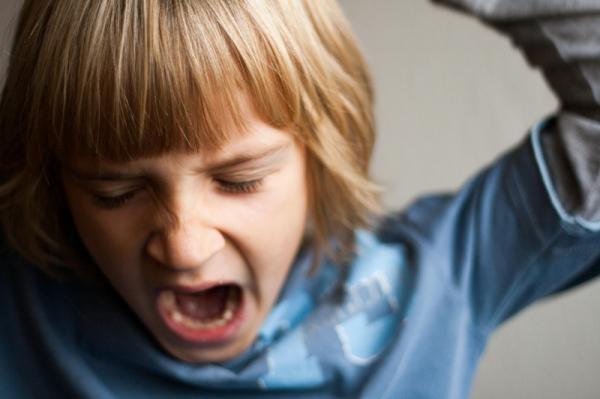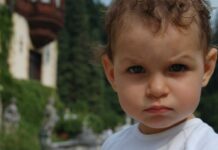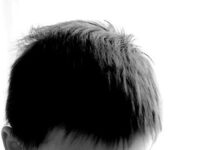The obsessive-compulsive disorder (or OCD), according to recent studies, in our society affects 1% of the population.

It is a disorder suffered by twice as many men as women. Genetics are often a key factor in their appearance. Although there are studies that confirm that the onset is in adulthood, this disorder can manifest itself as early as childhood. With this article we intend to facilitate the identification of the symptoms of the smallest of the house of this disorder. Therefore, we want to guide you to identify what are the characteristics of children who suffer from obsessive compulsive disorder.
Steps to follow:
- Children who can suffer from obsessive compulsive disorder or OCD are nervous, anxious children who worry about everything.
- The preoccupation of children with obsessive compulsive disorder can often be for their age as well as for the elderly, so their parents often have to be calming and reassuring them.
- They tend to be responsible children, compliant with their obligations, quite perfectionists and very meticulous.
- Children with OCD may have parents who are also perfectionists and also suffer from obsessive compulsive personality disorder, which is why the child sees it every day.
- The anxiety that children with OCD have can be reflected in bodily symptoms, such as ongoing headaches or upset stomach.
- Another characteristic of children with obsessive compulsive personality disorder is that they are very orderly and rigid in their thoughts.
- Children with obsessive compulsive disorder often show self-esteem problems because they are unaware of their abilities.
- Likewise, they manifest a lot of insecurity that appear in the face of constant doubts, indecision before any aspect no matter how small, because of an excess fear of making mistakes and disappointing their parents, themselves or reference adults.
- Children with obsessive compulsive personality disorder accept small failures very badly, limiting their autonomy and decision-making.
This article is merely informative, we do not have the power to prescribe any medical treatment or make any type of diagnosis. We invite you to see a doctor in the case of presenting any type of condition or discomfort.




